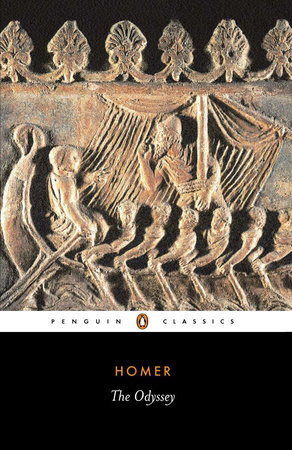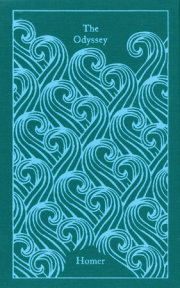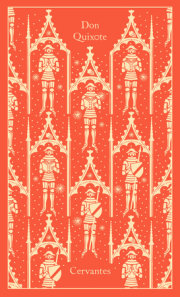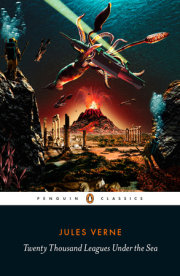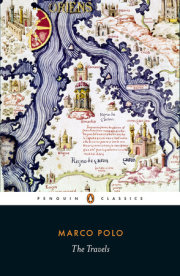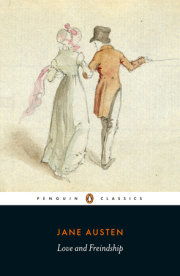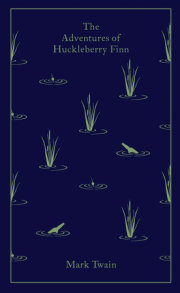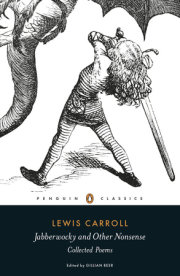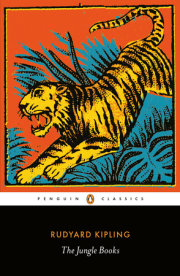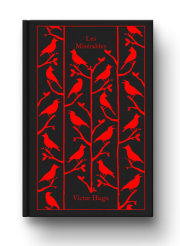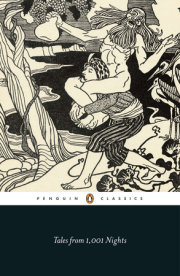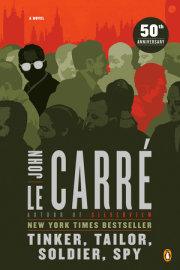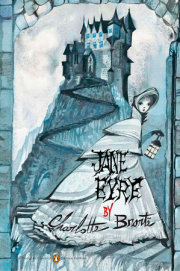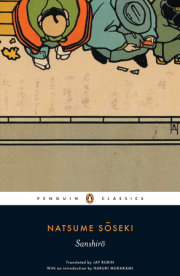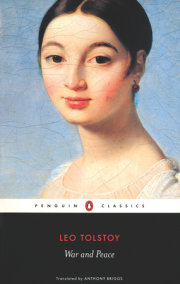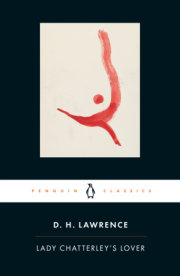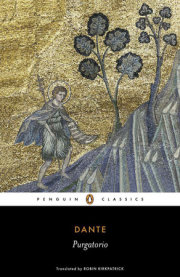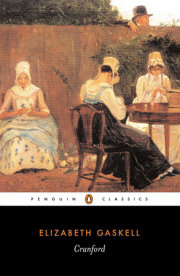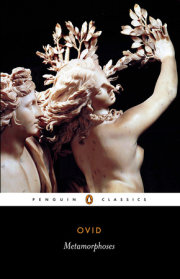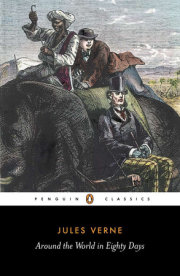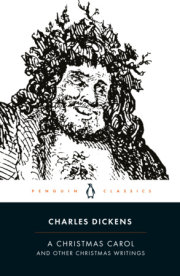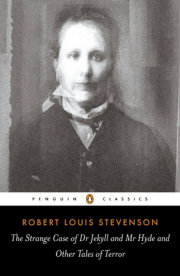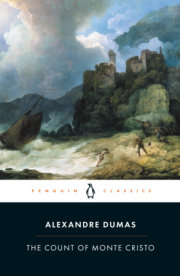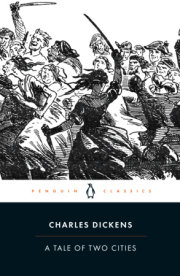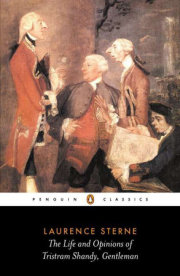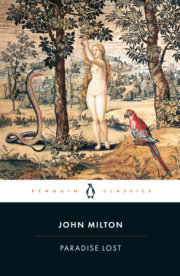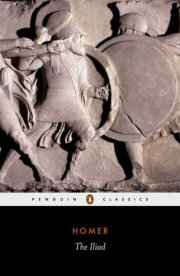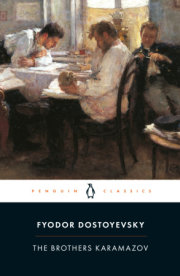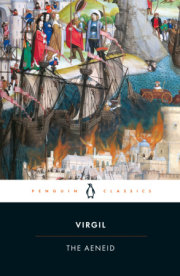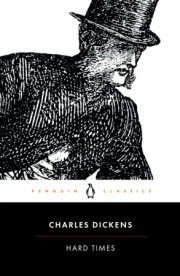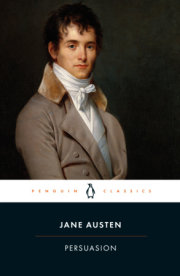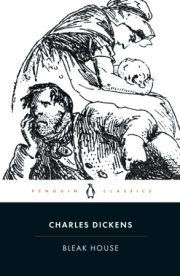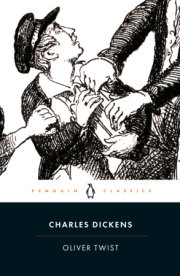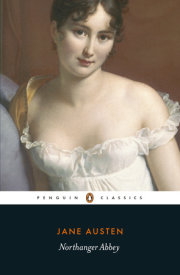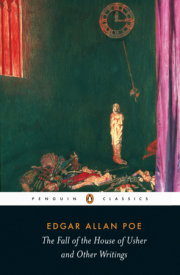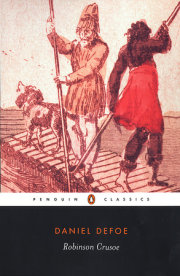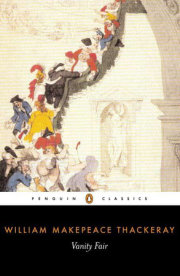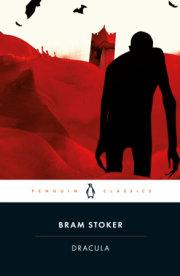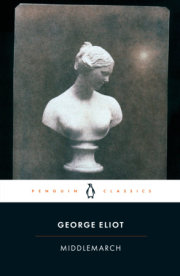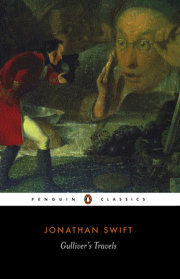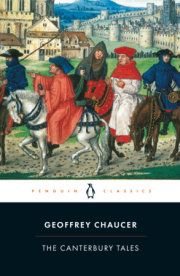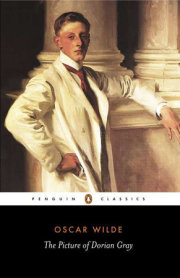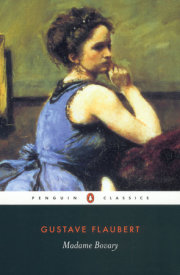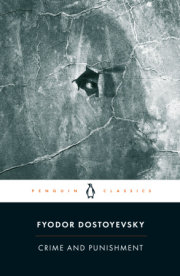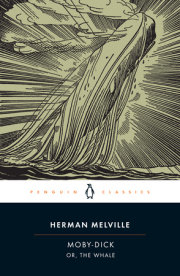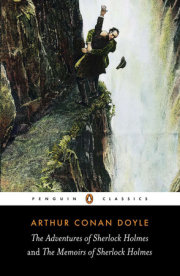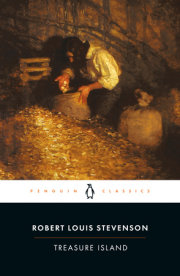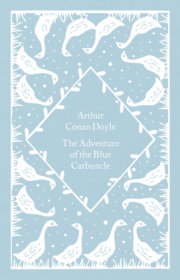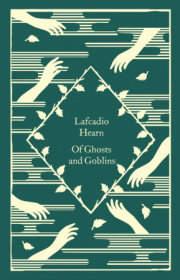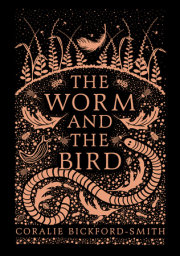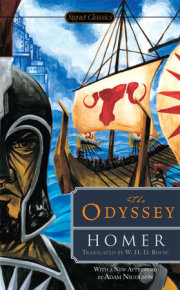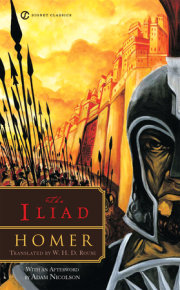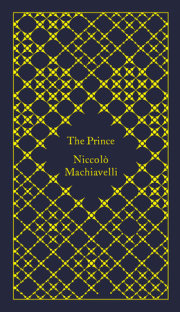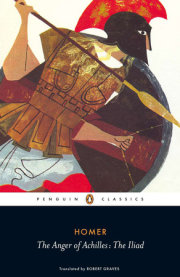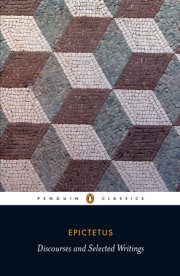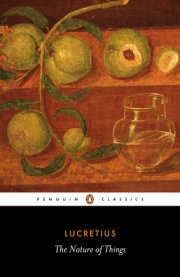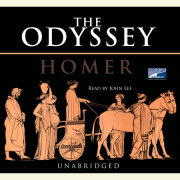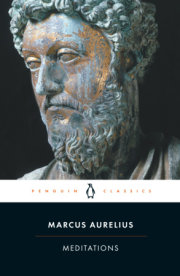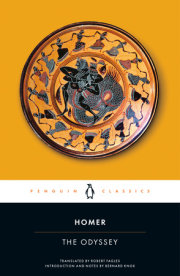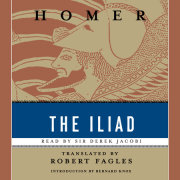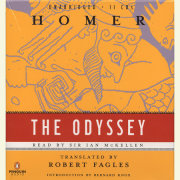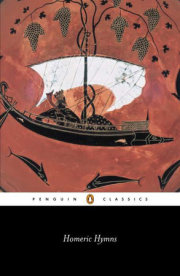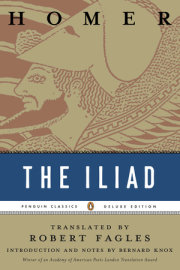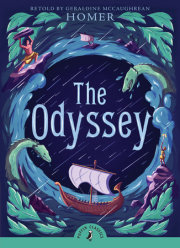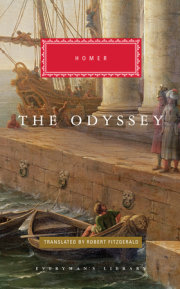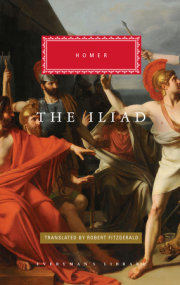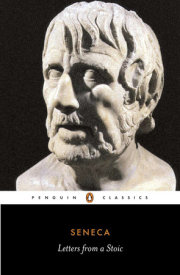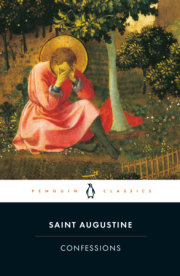‘”Strangers!” he cried. “And who are you? Where do you come from over the watery ways? Is yours a trading venture; or are you cruising the main on chance, like roving pirates, who risk their lives to ruin other people?”
‘Our hearts sank. The booming voice and the very sight of the monster filled us with panic. Still, I managed to find words to answer him. “We are Achaeans,” I said, “on our way back from Troy – driven astray by contrary winds across a vast expanse of sea – we’re making our way home but took the wrong way – the wrong route – as Zeus, I suppose, intended that we should. We are proud to say that we belong to the forces of Agamemnon, Atreus’ son, who by sacking the great city of Ilium and destroying all its armies has made himself the most famous man in the world today. We find ourselves here as suppliants at your knees, in the hope that you may give us hospitality, or even give us the kind of gifts that hosts customarily give their guests. Good sir, remember your duty to the gods; we are your suppliants, and Zeus is the champion of suppliants and guests. He is the god of guests: guests are sacred to him, and he goes alongside them.”
‘That is what I said, and he answered me promptly out of his pitiless heart: “Stranger, you must be a fool, or must have come from very far afield, to order me to fear or reverence the gods. We Cyclopes care nothing for Zeus with his aegis, nor for the rest of the blessed gods, since we are much stronger than they are. I would never spare you or your men for fear of incurring Zeus’ enmity, unless I felt like it. But tell me where you moored your good ship when you came. Was it somewhere along the coast, or nearby? I’d like to know.”
‘His words were designed to get the better of me, but he could not outwit someone with my knowledge of the world. I answered with plausible words: “As for my ship, it was wrecked by the Earthshaker Poseidon on the borders of your land. The wind had carried us on to a lee shore. He drove the ship up to a headland and hurled it on the rocks. But I and my friends here managed t o escape with our lives.”
‘T this the gruel brute made no reply. Instead, he jumped up, and reaching out towards my men, seized a couple and dashed their heads against the floor as though they had been puppies. Their brains ran out on the ground and soaked the earth. Limb by limb he tore them to pieces to make his meal, which he devoured like a mountain lion, leaving nothing, neither entrails nor flesh, marrow nor bones, while we, weeping, lifted up our hands to Zeus in horror at the ghastly sight. We felt completely helpless. When the Cyclopes had filled his great belly with this meal of human flesh, which he washed down with unwatered milk, he stretched himself out for sleep among his flocks inside his cave.
Copyright © 2002 by Homer. All rights reserved. No part of this excerpt may be reproduced or reprinted without permission in writing from the publisher.

